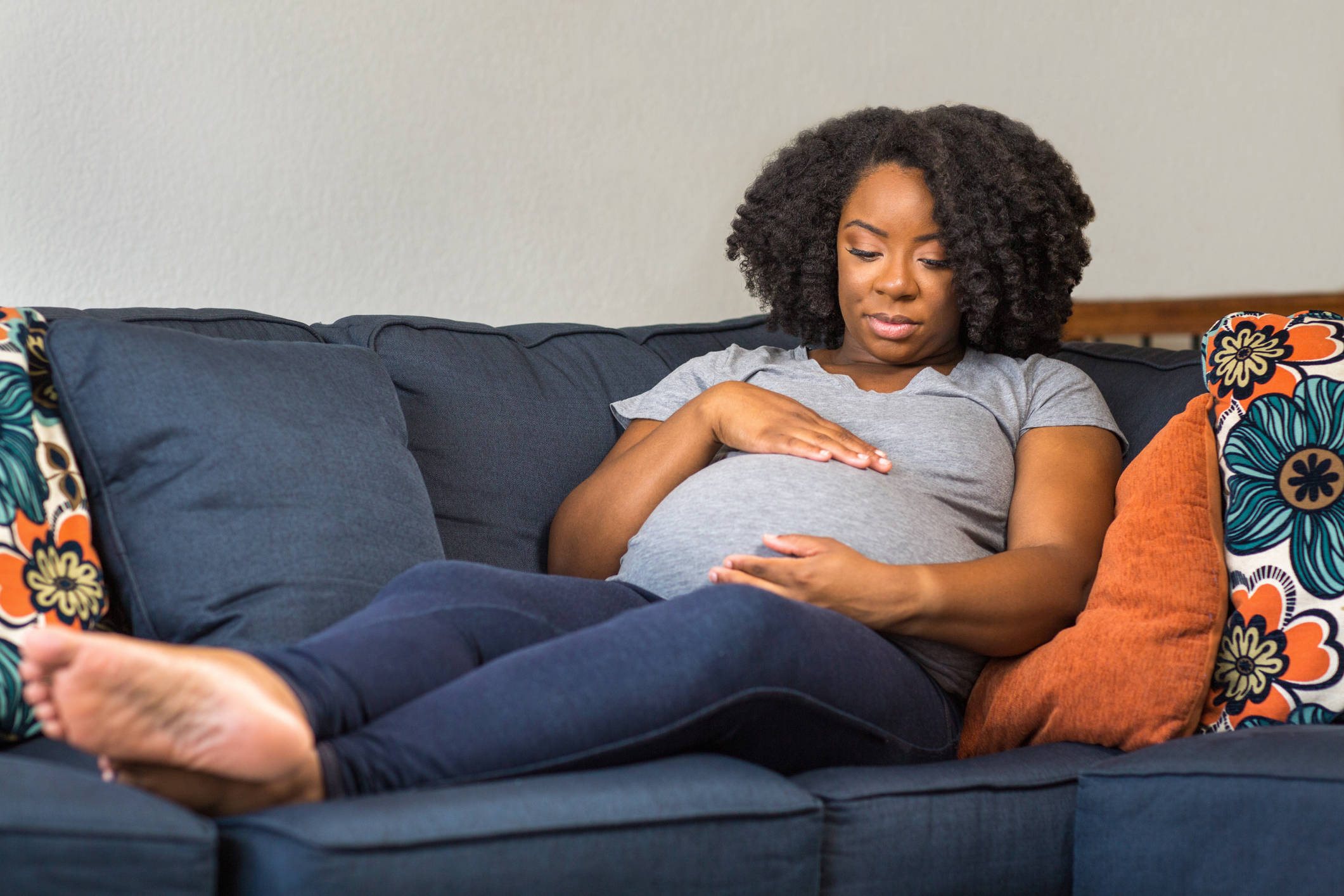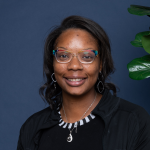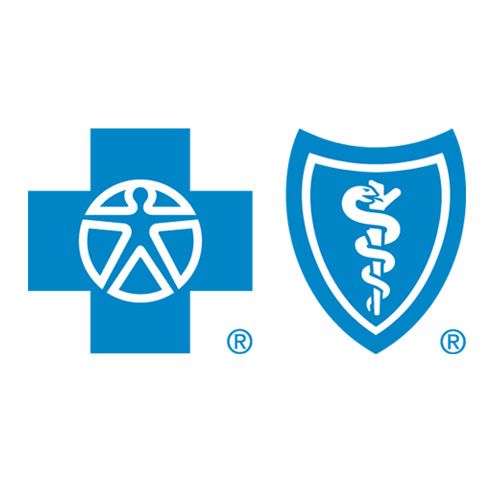Doula services not a luxury but a matter of surviving and thriving for BIPOC women
April 29, 2021For women who are Black, Indigenous and people of color (BIPOC), there is a great deal of evidence that shows a greater number of maternal deaths in addition to an increase in adverse birth outcomes like infant mortality, low birth weight and preterm births.
Systemic and racial disparities in health care contribute to these outcomes, as do societal factors such as income inequality, toxic environmental exposures and stress.
While there are many changes required to ensure maternal and infant care and outcomes improve for BIPOC families, one positive step in that direction is the addition of doula services for Medicaid members during pregnancy, labor and delivery and for post-partum support.

As we covered in this article, when doulas provide continuous labor and delivery support, labors are shorter, there is a decrease in Cesarean births and the use of pain medications and a significant decrease in the baby’s risk of a low five-minute APGAR score.
A doula is a trained professional who provides support during a woman’s pregnancy, continuous physical, emotional and informational support during labor and childbirth and post-partum assistance.
“A doula is someone to provide you support who can be there to give you sound advice and be aware of what’s going on in a medical situation, an advocate,” says Sierra Leone’ Williams, birth doula, birth educator and lactation counselor who works both independently and through Everyday Miracles.
Encouraging Black women to become doulas
“We need to have more trained Black doulas and more providers of color. And it’s important to connect more Black women with more Black providers,” Sierra says.
 To become a doula, Sierra went through two different programs― one through DONA International and to become a Community Outreach Perinatal Educator (COPE). She trained through a program specifically for BIPOC women.
To become a doula, Sierra went through two different programs― one through DONA International and to become a Community Outreach Perinatal Educator (COPE). She trained through a program specifically for BIPOC women.
One solution is to increase the reimbursement rate for doulas and help educate expecting mothers on the benefits of having a doula throughout pregnancy, birth and beyond.
“The reimbursement rate for doulas is really low. If you don’t have several lines of income, you wouldn’t be able to sustain being a doula at the current rate of reimbursement,” Sierra says.
"We need to provide increased access, education and explain that a doula is just as needed as a nurse."
“Personally, it has been difficult in my own community to get Black women to pay out of pocket for my services even though there is a high need for doula services. They need other things for the baby that they have to pay out of pocket for. We need to provide increased access, education and explain that a doula is just as needed as a nurse.”
Serving where most needed
Sierra explains that, in the United States, doulas have been seen as more of a luxury reserved for white women able to pay for doula services out of pocket. That is one of the reasons she works through Everyday Miracles.
“I could go serve white women and get paid what I’m asking for, but that’s not doing the justice I’m gearing toward. My goal is to serve the population that needs it the most,” she says. “Without insurance reimbursement, I wouldn’t be able to reach the population I need to serve. I want to serve the community that needs it. We need to see the face of an expert, to see someone who looks like us. That’s my purpose. I come from Minneapolis and I know the services we need.”
"Without insurance reimbursement, I wouldn’t be able to reach the population I need to serve…We need to see the face of an expert, to see someone who looks like us. That’s my purpose."
She hopes that ongoing research into the benefits of doula care as well as legislation efforts will encourage health care organizations to cover doula services, increase their reimbursement rates, provide optional additional visits, e-visit support and help train more Black doulas.
Black infants are nearly four times as likely to die from complications related to low birthweight than white infants and Black mothers were twice as likely than white mothers to receive late or no prenatal care, according to the U.S. Department of Health and Human Services.
“Health disparities that affect one culture affect everyone,” Sierra says. “A disparity for one is a disparity for all. We need to have these discussions in order to make a change.”s
Full scholarships available to become a doula
Everyday Miracles is offering full scholarships to train people from BIPOC communities in Duluth, Detroit Lakes, Moorhead and St. Cloud to become and work as Doulas. Applicants would receive training, certification, and be registered as a Certified Doula on the Minnesota Department of Health Doula Registry.
Duluth/St. Louis County residents, click here to begin the application process.
Detroit Lakes/Moorhead residents, click here to begin the application process.
St. Cloud-area residents, click here to begin the application process.


Sierra is an incredible, amazing woman! She changes every person’s life she comes in contact with! She is one of a kind. We are privileged she serves and lives in Minneapolis.
awesome, now if only Blue Cross/plus would cover home birth midwives too.